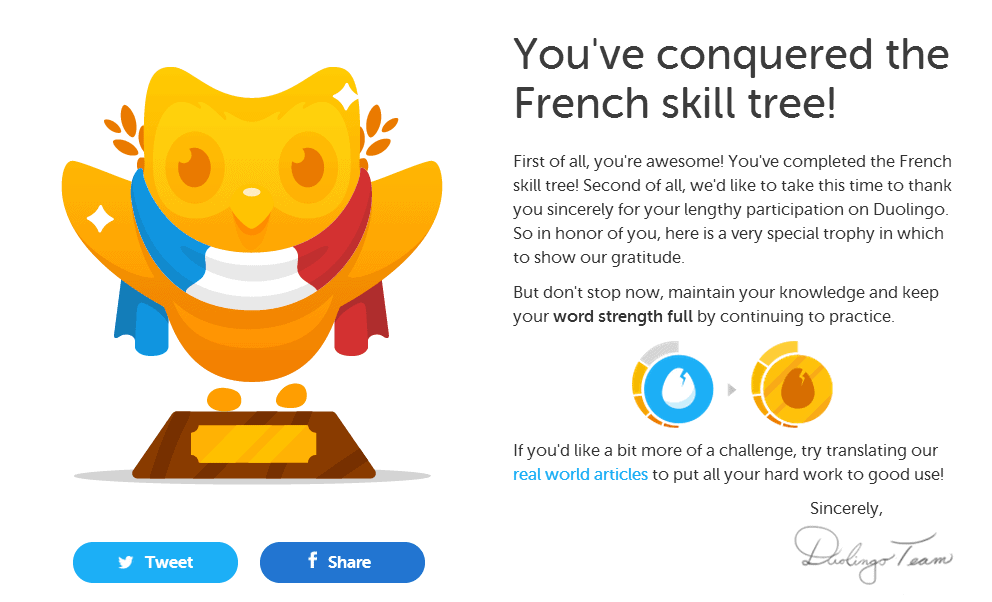Without a doubt, smartphones have changed the way we live our lives.
Our friends and family are available to us at any moment of the day. We can capture moments, both milestone and banal, and share them with the world at the touch of a button. Being connected to people, services and information affects every facet of our lives.
In a travel capacity, imagining world travel before the web is becoming an exercise in novelty...and nostalgia. Increasingly affordable data rates mean more people are travelling with mobile phones. Smartphones have rapidly changed how we experience a destination, sometimes in ways we don't even realize. Here are 12 aspects in which smartphones have forever changed the way we travel.
The postcard is dead; long live Snapchat
 Christopher Flynn via Unsplash
Christopher Flynn via Unsplash
When was the last time you sent a postcard while on vacation? The postcard is a dead medium and the smartphone killed it. Now with your phone, you can hop on Facebook, Skype, Snapchat, WhatsApp or text to instantly let your family know you haven't wandered off the edge of Earth.
Snapchat is especially remarkable for keeping in touch; the ability to send frequent, short videos gives friends and family the feeling of tagging along on your trip. It is a great way for both leisure and business travellers to stay in touch with loved ones at home.
A lifeline you can hold on to
Before smartphones, travel was an experience in total uncertainty.
What would happen if there was an emergency? What if you needed to call for help? What would you do if you got lost and couldn't speak the language?
Today, all those nagging questions are easily and instantly answered by your phone. A smartphone provides a lifeline right at your fingertips. While coverage is still sketchy in the world's more remote areas, phones certainly offer up a whole new world of confident travel.
Everyone is a photographer
 Sebastien Gabriel, via Unsplash
Sebastien Gabriel, via Unsplash
Gone are the days of guarding a precious horde of film rolls or a suitcase of disposable cameras. With a smartphone equipped to take 12-megapixel images anyone and everyone is a photographer. Snap a picture, slap on an Instagram filter and share a beautiful view of the world. Who cares how sick friends and family are of your awesome vacation selfies?
Even better than showing off your beautiful face among the world's most iconic sites, is the fact those pictures will never be lost. Even if you lose your phone, digital backup (when activated!) conveniently and securely stores images taken on your phone.
Some solutions, such as iCloud or Flickr auto-upload, meaning users don't have to manually back their photos up. As soon as you hit WiFI, your digital memories upload direct to the web. Brilliant.
Can I get WiFi with my fries?
Food and quality of service is still pretty important, but admittedly, we are now selecting restaurants based on more than just the cuisine. Diners are often times considering the wine list and whether or not they serve WiFi. In fact, meal times have become something akin to travel planning sessions. How many times have you been seated and then hashed out the plans for the afternoon or checked WikiTravel to find the best route to the next destination? Guilt as charged.
Never truly lost again
 Sylwia Bartyzel via Unsplash
Sylwia Bartyzel via Unsplash
No matter how far off the beaten path wanderlust takes you, all you have to do is load the maps app to navigate back to the hotel. Even in areas without coverage, travellers can easily pre-load offline maps before their trip. There's a sense of comfort in knowing getting lost won't put a damper on that adventurous spirit.
Tourist trap or true gem? Vetting attractions
There are some attractions, like the Eiffel Tower or the Great Wall of China, whose ancient reputations precede themselves. Then there's the rest of it. Sometimes it's hard to determine if an "attraction" is really even an "attraction". Over-hyped and editorialized portrayals can leave you feeling cheated upon arrival.
Instead of just diving into the unknown and wasting precious vacation time, smartphones allow travellers to thoroughly vet experience and credibility. Everything from restaurants to obscure temples are now listed, rated and ranked to determine whether you are visiting a shiny gem or an over-hyped tourist trap.
Cutting costs with the shared economy
 Airbnb Screenshot
Airbnb Screenshot
Do you find yourself putting off that coveted trip to London or New York City? Is it due to the high costs of hotels and transportation? Thanks to smartphones, the sharing economy has truly made high-cost destinations affordable.
With Uber, you can hail a cheap rideshare right from your phone. With AirBnB, you can get a hyper-local experience at the fraction of the cost of a hotel. Hire a local greeter ('guide') in India with Padhaaro.com or book a photographer through Flytographer.com to capture candid holiday photos.
These apps not only offer cheaper bookings (and sometimes negotiation), they're easily done and afford visitors an authentic taste of a city.
Learn a language, fun and quickly
 flickr.com/photos/slgc/
flickr.com/photos/slgc/
Ditch that language manual, there is a slew of apps for people wanting to learn foreign languages. From phrase 'books' to audio lessons, all the way down to real-time translators, there are language apps to assist foreign visitors trying to communicate with locals. Duolingo is one of our favourites. It's a great way to learn conversational terms and the app even sends notifications to remind you to practice.
...Or bypass the language barrier completely
Alternatively, thanks to smartphones, you don't have to stumble through the local language at all. There are apps that let you book taxis without calling and apps that allow you to order pre-paid food delivery. Whether you're totally tongue-tied or want to be a recluse, travellers these days don't have to talk to anyone - unless they want to.
Embracing the digital document dream
 Dollar Photo Club
Dollar Photo Club
No one wants to think about a travel emergency, but being prepared helps resolve situations faster and easier. People lose passports; people get injured; they lose luggage and the like. Having supporting documentation and copies of important identification stored on your smartphone or within your email account is paramount.
DIY travel culture
 Dollar Photo Club
Dollar Photo Club
While trips can still be entirely left in the hands of a travel agent (and there certainly are merits of doing so) smartphones allow easy booking from the road. In some cases it is difficult to communicate with local agencies, or perhaps it's cheaper to book directly via the web. From plane tickets and hotels, to event tickets and getting in on a lucrative Groupon, the DIY travel culture has never seen such a boom.
Say 'Goodbye!' to calling cards
With affordable solutions to roaming, there is no long any reason to invest in international calling cards. We hated the chore of dialing long chains of digits and navigating an annoying audio menu. And if no one picked up, you'd spend another three minutes attempting each return call.
Now you can easily 'roam like home', which typically involves a daily fee ($5-$10) that allows you to use your smartphone like you do at home. Alternatively, if your phone is unlocked you can simply pop in a new SIM card and go.
How has your smartphone changed the way you travel?
For better or worse - let us know.
Comment below or tweet us!
Related content on Canadian Traveller


